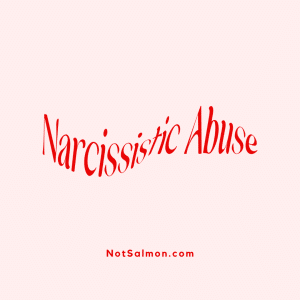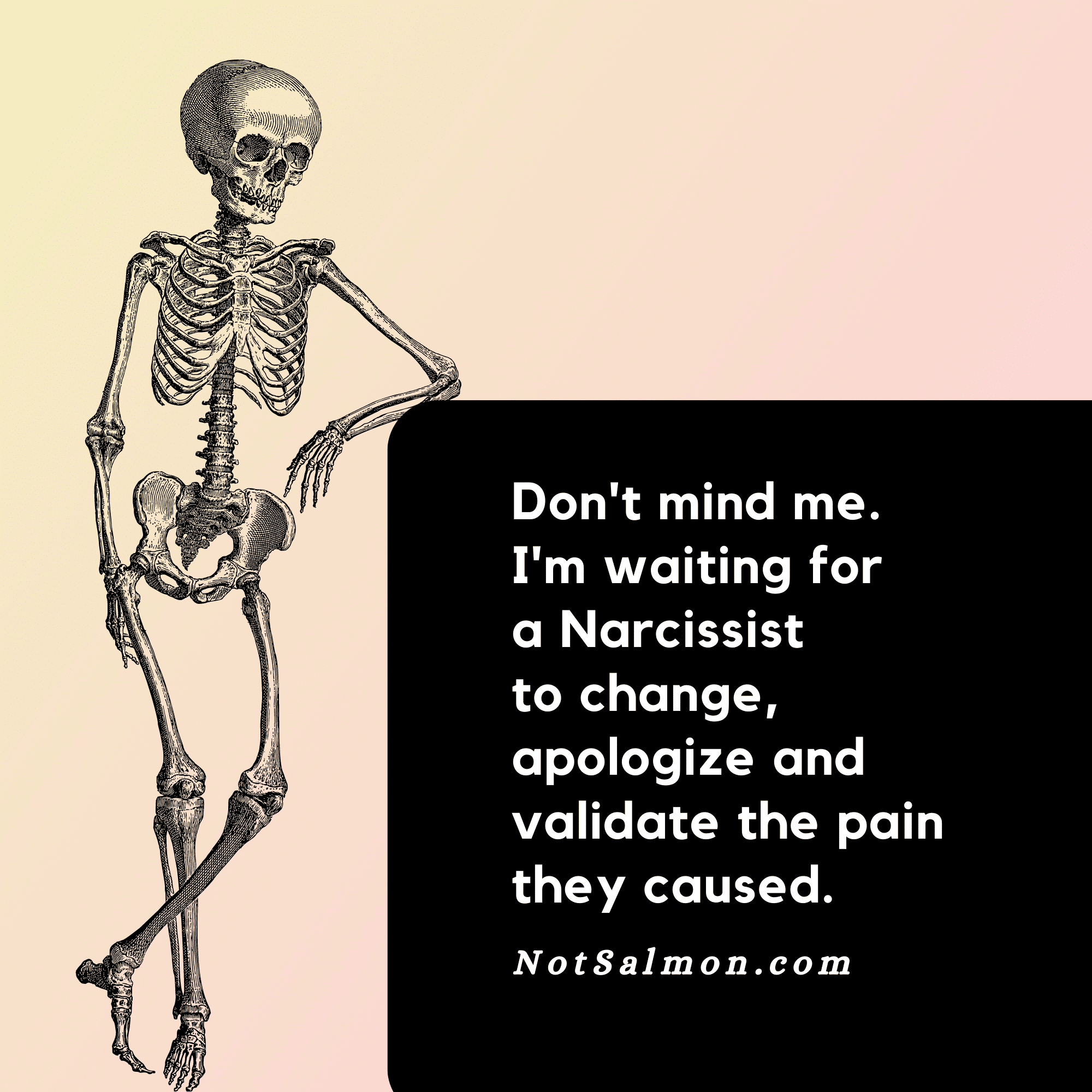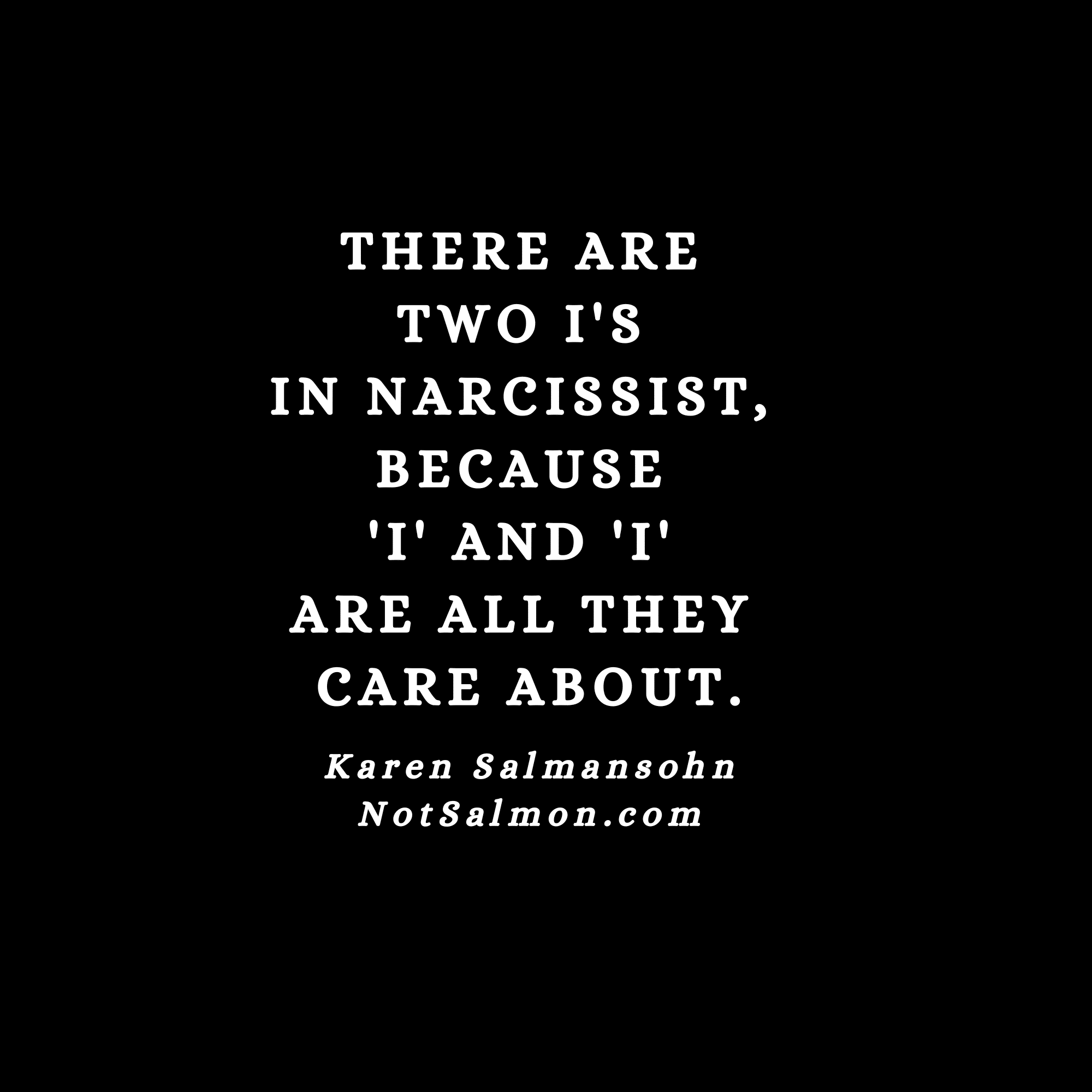 Explore the challenges of healing from a narcissist and recovering from narcissistic abuse in a relationship. Understand the emotional roller coaster, gaslighting, and erosion of self-worth that make recovery uniquely difficult.
Explore the challenges of healing from a narcissist and recovering from narcissistic abuse in a relationship. Understand the emotional roller coaster, gaslighting, and erosion of self-worth that make recovery uniquely difficult.
Heartbreak.
If it were a sport, most of us would have at least a participation trophy. And breaking up with your average Joe or Jane is like running a 5K — it’s sweaty, it’s uncomfortable, and you might need a few recovery beers afterwards.
But ending things with a narcissist?
It’s like running a marathon barefoot, in the desert, with someone intermittently shouting, “Are you sure you’re running correctly?”
Alright, now that we’ve set the slightly sarcastic stage, let’s get serious.
Coming up I’m going to dig deep into research and studies on narcissists. I’ll be explaining the underlying reasons why it’s so hard to heal and recover from a narcissist. Plus I will share some strategies to help you to finally heal.
I’m writing this article because I am a bestselling relationship author with about 2 million books sold globally.
I wrote the bestselling book Prince Harming Syndrome – which was recommended on Oprah.
Plus I also founded the therapist recommended self-paced course: Broken Heart Recovery.
I love sharing tools to help people heal and move on from narcissists – from even the toughest break ups.
So let’s get started!
7 Reasons Why Healing From a Narcissist Is So Damn Hard
Coming up I will share the narcissist’s tactics for ensnaring their victims and explain why it’s so hard to heal and move on.
1. The Emotional Roller Coaster Ride Effect
Narcissists seem to have taken a crash course in emotional engineering. When they shower love, it’s like winning the emotional lottery. When they pull back, it’s a bankrupt jackpot. Post-breakup, you’re not just missing them; you’re also wrestling with the remnants of those turbulent ups and downs.
2. The Sunk Cost Fallacy: Emotional Investments Gone Awry
In the sunk cost fallacy, your relationship is like a stock you’ve bought a lot of. You watch its value drop day after day, yet you hold on, hoping for a rebound. It’s hard to let go because it feels like all the emotional currency—the time, the trust, the memories—will be wasted if you do. It’s like admitting that all the energy you invested was for nothing. But just like with a bad investment, there comes a time when you have to sell off the loss and move on, to prevent throwing good money after bad.
 3. The Erosion of Self-Worth
3. The Erosion of Self-Worth
Bit by bit, a narcissist can make you question your worth. This feeling can make it scary to leave, because you might not feel confident enough to find someone who will treat you better. You’re left feeling insecure, unsure if you’re worthy of a healthy relationship. This doubt can trap you, making it really hard to let go and move on.
4. Gaslighting: The World’s Worst Magic Trick
When someone is gaslighting you – it is less of a “rabbit out of a hat” trick – and more about “making your sanity vanish.”
You begin to question your own thoughts and memories. This constant doubt can be paralyzing because it makes you unsure about what’s real and what’s not.
When you can’t even trust your own mind, making the big decision to leave feels risky. You’re left second-guessing every move, worried you might be making a mistake. That’s why gaslighting can be such a powerful chain keeping you tied to a narcissist.
5. Isolation or the Unplanned Solo Retreat
Narcissists tend to corner their market — that market being you. It’s ironic how someone who craves admiration convinces you to cut ties with those who genuinely care. As the fog lifts, you’re basically sending out reunion invitations to your own life.
6. The Complexity of Empathy (Blessing, Curse, or Both?)
Your big heart, that once beautiful safe haven, now feels like a double-edged sword. You oscillate between justifiable anger and wondering if, in some twisted way, the narcissist was struggling too. It’s a mental tug-of-war, and there’s no referee.
7. Distrust in Authenticity (Is Genuine the New Rare?)
 After being with someone who could win awards for their act, it’s hard not to view genuine gestures from others with a side-eye.
After being with someone who could win awards for their act, it’s hard not to view genuine gestures from others with a side-eye.
What once felt heartwarming, now seems to come with a tiny label reading, “Terms and conditions may apply.”
In the grand scheme, moving on from a narcissist isn’t just about letting go of a person.
It’s about disentangling yourself from a psychological maze.
And if anyone claims it’s easy, well, they probably haven’t been to this particular Narcissist Amusement Park.
How To Truly, Finally Heal from a Narcissist
Before diving into a “how-to”, it’s essential to underscore a point: Healing from a narcissist isn’t just about getting over a past relationship. It’s about recovering from an insidious, invisible form of emotional trauma. You’re grappling with understanding your phantom ex — who is a confusing blend of charm, love, cruelty, and manipulation.
This isn’t the same as a standard love breakup. It’s far more profound and challenging.
1. Accept Their Reality, But Not At The Expense of Your Own
Navigating a relationship with a narcissist is akin to attempting to read a novel with chapters ripped out. Their perspective might always feel incomprehensible, and that’s okay. However, don’t let their skewed version of events overshadow your own truths and emotions.
For instance: If they accused you of being “overly emotional,” consider it a testament to your depth and capacity to feel. Their limited emotional understanding shouldn’t be the yardstick to measure your reactions.
2. Seek Professional Therapy
Seeking therapy isn’t an admission of weakness; rather, it’s a bold step toward reclaiming your narrative. A trained professional can help navigate the murky waters post-narcissistic relationship, providing clarity when everything feels overwhelming.
Consider this: Often, the void left by the narcissist isn’t truly about them. It’s mourning the loss of who you were, or the version of you that got lost in their shadow.
3. Establish Boundaries — Not Walls
Protection is paramount, but there’s a balance to strike. While walls can shield you from pain, they also block out love and connection. Your goal is to set healthy boundaries – so you let in the good – while keeping the bad at bay.
For instance: If a future partner dismisses your past experiences, ensure they understand that respect is non-negotiable.
4. Dive into Self-Care
Self-care extends beyond the occasional bubble bath. It’s a deep dive into reacquainting yourself with passions, interests, and hobbies that nourish your soul.
Remember: Maybe there was an activity, like painting, that once felt like an escape. Revisiting such passions can be healing and transformative.
5. Educate and Equip
Understanding narcissistic tendencies doesn’t mean obsessing over the past. Instead, it’s arming yourself with knowledge to avoid future entanglements.
Think about it: Recognizing tactics like ‘gaslighting’ means you’re better equipped to trust your instincts in future relationships.
6. Nurture Other Relationships
It’s crucial to rebuild and fortify the connections that may have frayed or been neglected. True, empathetic relationships can be a mirror, reflecting back your worth and validating your experiences.
Consider: That friend who seemed wary of your ex? They may have seen things you missed and can offer valuable insights.
7. Rediscovery, Not Just Recovery
Emerging from the clutches of a narcissist offers a unique opportunity. It’s not just about healing. It’s about discovering aspects of yourself you never knew or had forgotten. For this reason, some women love to start journaling. Whereas other women who are recovering and feeling hesitant to jump back into the dating pool have been know to spend time with male escorts and going to nice dinners or movies with them, until they feel ready to actually date again.
Perhaps: Embracing activities or new experiences you’d previously shied away from can be immensely liberating.
8. The Bittersweet Symphony of Moving On
Healing is an ongoing process. With every step, you’re not only moving away from the past but also forging a path that affirms your resilience and worth.
Summary: Healing From A Narcissist
Healing from a narcissist is hard. If you want a deeper exploration of how to heal your heart after a post-narcissistic relationship…
Think happier. Think calmer.
Think about subscribing for free weekly tools here.
No SPAM, ever! Read the Privacy Policy for more information.
One last step!
Please go to your inbox and click the confirmation link we just emailed you so you can start to get your free weekly NotSalmon Happiness Tools! Plus, you’ll immediately receive a chunklette of Karen’s bestselling Bounce Back Book!


 Explore the challenges of healing from a narcissist and recovering from narcissistic abuse in a relationship. Understand the emotional roller coaster, gaslighting, and erosion of self-worth that make recovery uniquely difficult.
Explore the challenges of healing from a narcissist and recovering from narcissistic abuse in a relationship. Understand the emotional roller coaster, gaslighting, and erosion of self-worth that make recovery uniquely difficult. 3. The Erosion of Self-Worth
3. The Erosion of Self-Worth After being with someone who could win awards for their act, it’s hard not to view genuine gestures from others with a side-eye.
After being with someone who could win awards for their act, it’s hard not to view genuine gestures from others with a side-eye.